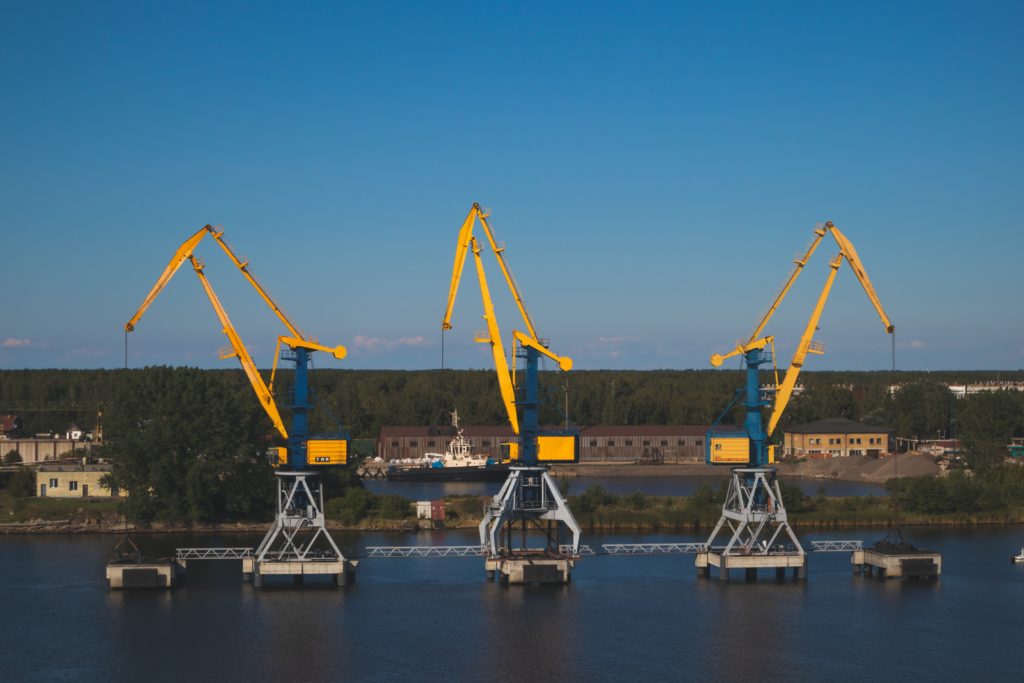The Latvian Environmental Protection Law, which was passed in 1991, serves as the foundation for the environmental rules that apply to businesses there. The legislation outlines the fundamental guidelines for ecological protection in Latvia. The Ministry of Environment designates as the principal entity in charge of this task. The Ministry of Environment in Latvia requires companies that conduct operations that can have a substantial environmental effect to get an environmental license. The environmental permit outlines the precise conditions that the business must satisfy to conduct its operations in an ecologically responsible way.

Environmental laws in Latvia that apply to companies
Along with requirements emanating from European Union (EU) directives and regulations, national law in Latvia largely governs environmental restrictions. Companies doing business in Latvia must abide by the following significant ecological laws:
Legislation on environmental protection
The overall basis for environmental protection in Latvia is established by the Environmental Protection Law. It includes several topics, including waste management, environmental impact assessments, and licenses for activities that have a substantial environmental effect.
Environmentally important activity permits
Permits are necessary for certain industrial operations that have a major ecological effect. Regional environmental boards or the Latvian Environment, Geology and Meteorology Center (LEGMC) are responsible for issuing these permissions. Energy generation, trash management, industrial production, and extensive animal husbandry are among the activities that could need permission. Companies must show compliance with environmental regulations, emission limits, and other pertinent conditions to receive a permit.
Laws governing pollution prevention and control
The Industrial Emissions Directive (IED) of the European Union is put into effect in Latvia by the PPCL. It controls the avoidance and management of industrial activity emissions into the air, water, and soil. The legislation establishes emission limit values and mandates that businesses use the best available techniques (BAT) to reduce pollution. To assure compliance, it also creates measures for monitoring, reporting, and inspections.
Legislation on waste management
The goal of the Waste Management Law is to encourage environmentally friendly waste management techniques and lessen the negative effects of trash creation. It includes a range of waste management topics, such as recycling, trash avoidance, and efficient disposal. Businesses must categorize and segregate their waste streams, make sure hazardous trash is properly handled and disposed of, and follow waste management policies and regulations.
Water management
The administration, use, and preservation of Latvia’s water resources are governed by the Water Administration Law. It defines regulations for water abstraction and discharge as well as standards for water quality and pollution control methods. Companies are required to get licenses for their water use and discharge, monitor and report on their water consumption, and put protective measures in place to prevent contaminating water sources.
Environmental impact assessment (EIA)
For projects and activities that can significantly harm the environment, the EIA procedure is required. Before approval, it is intended to evaluate any possible ecological consequences of proposed projects. An EIA is required for businesses contemplating projects like industrial installations, infrastructure improvements, or waste management facilities. The evaluation looks at the project’s possible effects on landscape, biodiversity, air and water quality, and human health. Appropriate mitigating measures can be necessary depending on the evaluation.
Handling of chemicals
The EU’s Regulation on the Registration, Evaluation, Authorization, and Restriction of Chemicals (REACH) must be followed by businesses in Latvia that produce, import, or use chemicals. To safeguard chemical use and handling while safeguarding the environment and public health, REACH was created. Companies could be obliged to complete safety evaluations, register compounds with the European Chemicals Agency, and adhere to hazardous substance regulations.
Conservation of nature
To preserve its distinctive biodiversity and natural environments, Latvia has established protected areas. To lessen their influence on these ecosystems, businesses operating in or close to protected areas must abide by certain rules. To protect the preservation of biodiversity, operations including building, logging, and land use changes may need licenses or mitigation measures.
Environmental reporting and compliance
Regulatory agencies often request periodic environmental reports from businesses. These reports include data on trash production, water use, emissions, and other pertinent ecological factors. To make sure environmental standards are being followed, authorities may perform audits and inspections. Penalties, fines, or legal action may be imposed for noncompliance.
To comply with EU standards and take into account new scientific findings, Latvian environmental legislation is continually revised. As a result, businesses operating in Latvia are recommended to remain current on environmental rules to guarantee that they are compliant.
You can also find these articles helpful
Start a Health Care Industry Business in Latvia
Natural resources tax
Required licenses for water supply, wastewater, water management, and recovery business in Latvia







